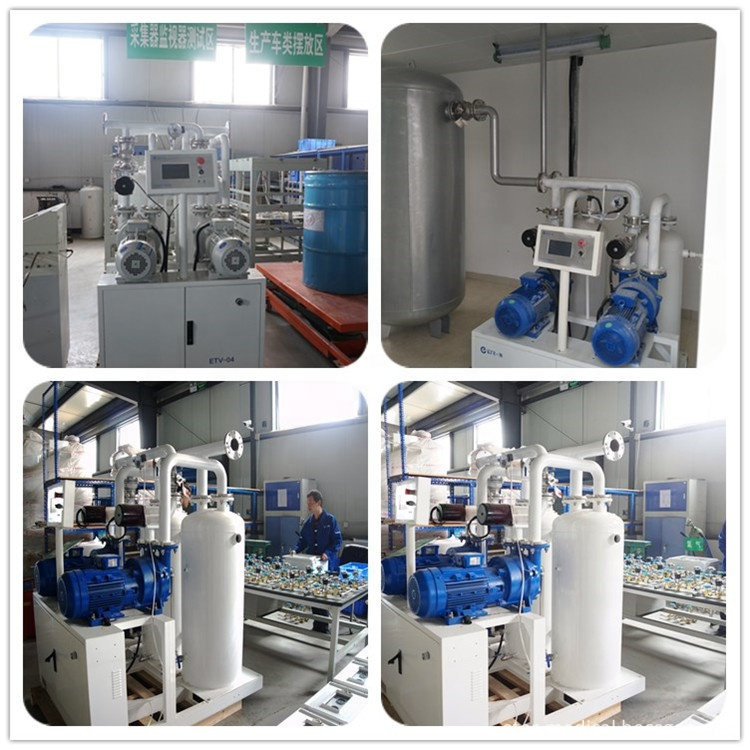The best food for the heart
Eating habits are directly related to heart health. If you think about what is good for the heart when you choose food every day, sticking in will become a habit. The latest article in the Mayo Clinic website in the United States summarizes the following six articles to help you develop a heart-healthy diet.
1. Pick olive oil and rapeseed oil. Diet should control unhealthy fat saturated fat and trans fat intake to reduce the risk of dyslipidemia and coronary heart disease. The American Heart Association recommends that saturated fat and trans fat intake be no more than 7% and 1% of daily calories, respectively. The best choice for cooking oil is olive oil and rapeseed oil. These oils are best not touched: Butter, lard, bacon fat, gravy, cream, non-dairy creamer, hydrogenated butter and shortening, cocoa butter, etc.
2. Select low-lipoprotein. Low-lipoproteins are more beneficial to heart health. Optional low-fat proteins include skimmed or low-fat milk, yoghurt and cheese, egg whites, fish (preferably salmon rich in omega-3 fatty acids, deep-sea fish such as squid), peeled poultry (chicken breasts, etc.) ), beans (soybeans and bean products, beans, peas, lentils, etc.) and lean meat. Proteins that should be eaten include: whole milk and its products, animal organs, egg yolk, fat, pork ribs, sausages, hot dogs, fried foods, etc.
3. Eat more low-calorie fresh fruits and vegetables. Fruits and vegetables contain multiple vitamins and trace elements, less calories, more fiber, and contain some ingredients that can prevent cardiovascular disease. It is recommended to choose fresh vegetables and fruits, low-salt canned vegetables and so on. The best fruits and vegetables to avoid are: coconut flesh, vegetables with cream sauce, fried or grilled vegetables, canned fruits and preserves.
4. Select whole grain food. Whole grain foods are rich in cellulose and nutrients that help regulate blood pressure and maintain heart health. The recommended whole-grain foods include: whole wheat flour, whole wheat bread (preferably 100% whole wheat or whole grain bread), oatmeal, brown rice, barley and buckwheat, flaxseeds, etc. Foods that should be avoided include: white bread, wafers, fried doughnuts, biscuits, cakes, popcorn, puffed foods, etc.
5. Reduce salt intake. Controlling the intake of salt (sodium) is one of the important contents of a heart-protecting diet. The U.S. Department of Agriculture recommends that daily intake of salt for healthy adults should not exceed 2.3 grams (about 1 teaspoon); daily intake of salt for people over 50 years of age, people with hypertension, diabetes, or chronic kidney disease should not exceed 1.5 grams. The best choices for low-salt foods include: herbs and seasonings, low-salt canned soups or finished fast food, low-salt dressings (low-salt soy sauce and low-salt tomato sauce, etc.). Salty foods should be avoided: instant noodles, pickles, canned foods, frozen foods, ketchup and soy sauce.
6. Control the amount of food. Controlling your diet is critical to controlling calorie, fat, and cholesterol. For example, a face is "half a cup" (about the size of an ice cream ball); a piece of meat, fish, or chicken is the size of a deck of poker cards. (Li Tao)
Cabinet Vacuum Suction Unit
ETR has independently developed an integrated vacuum pump unit composed of a water-ring vacuum pump, a gas-water separator, a vacuum solenoid valve, pipe fittings and an electrical control system. It is a simple, safe and reliable device that continuously serves the wards all day long, without occupying the ward space. The negative pressure is sourced from the vacuum pump unit.

Cabinet Vacuum Suction Unit,Central Suction Station,Negative Pressure Suction Unit,Negative Pressure Suction Station
Hunan Eter Medical Co., Ltd. , https://www.eter-tech.com